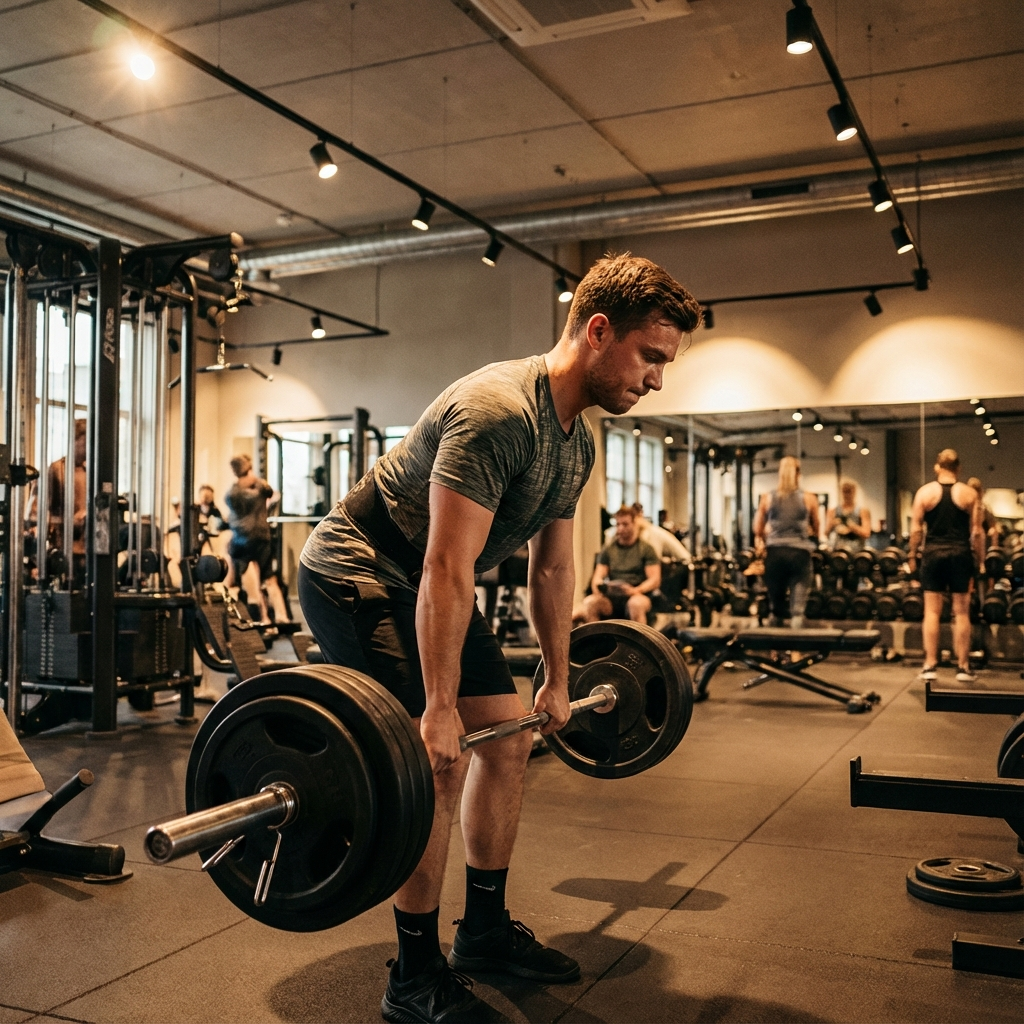When it comes to optimizing health and fitness, protein absorption plays a crucial role. Understanding how to maximize uptake and utilization of protein in the body can significantly impact muscle growth, recovery, and overall well-being. This article will explore how to achieve optimal protein absorption, incorporating current research and expert insights.
Understanding Protein Absorption
Protein absorption begins in the digestive system, where proteins are broken down into amino acids by enzymes. These amino acids are then absorbed into the bloodstream through the small intestine. The efficiency of this process can be influenced by various factors, including the type of protein consumed, the presence of other nutrients, and individual digestive health.
Factors Affecting Protein Absorption
Several factors can influence how well your body absorbs and utilizes protein:
- Protein Source: Animal proteins, such as meat, dairy, and eggs, are generally more easily absorbed compared to plant-based proteins due to their complete amino acid profile.
- Digestive Enzymes: Proper levels of digestive enzymes are crucial for breaking down proteins into absorbable amino acids. Enzyme deficiencies can lead to poor protein absorption.
- Presence of Other Nutrients: The absorption of protein can be enhanced by the presence of carbohydrates and certain fats, which stimulate digestive enzymes and secretions.
- Gut Health: A healthy gut lining and microbiome are essential for efficient nutrient absorption. Issues like inflammation or imbalances in gut bacteria can hinder this process.
Optimal Timing and Distribution
An effective strategy to maximize protein absorption is to distribute protein intake evenly throughout the day. Research suggests that consuming 20-30 grams of protein per meal can enhance muscle protein synthesis and overall nutrient utilization.
Practical Tips for Maximizing Protein Absorption
Here are some actionable steps to ensure you're getting the most out of your protein intake:
- Choose High-Quality Proteins: Opt for complete proteins like lean meats, dairy, eggs, and soy. If you're following a plant-based diet, combine different plant proteins to ensure a complete amino acid profile.
- Include Digestive Enzymes: Incorporate foods that naturally contain digestive enzymes, such as pineapple (bromelain) and papaya (papain), or consider enzyme supplements if necessary.
- Pair with Carbohydrates and Fats: Eat balanced meals that include carbs and healthy fats to support digestive processes and improve protein absorption.
- Maintain Gut Health: Include probiotic-rich foods like yogurt, kefir, and sauerkraut to promote a healthy gut microbiome. Additionally, consider prebiotic fibers to nourish beneficial bacteria.
- Stay Hydrated: Adequate hydration is essential for digestive efficiency and nutrient transport within the body.
Common Questions and Concerns
Q: Can taking too much protein be harmful?
A: While excess protein intake is generally not harmful for healthy individuals, extremely high amounts can stress the kidneys over time and may lead to other health issues.
Q: Do protein supplements improve absorption?
A: Protein supplements like whey and casein are formulated for rapid absorption and can be a convenient source of high-quality protein, especially post-workout. However, whole food sources should still be prioritized.
Final Thoughts on Maximizing Protein Absorption
Optimizing protein absorption is not just about quantity but also about quality and timing. By choosing high-quality proteins, maintaining gut health, and following practical tips for digestion and absorption, you can enhance your body's ability to utilize this vital nutrient effectively.
If you're looking to take your health and fitness to the next level, consider consulting with a registered dietitian or nutrition expert to create a personalized protein plan that meets your specific needs.
Ready to optimize your protein intake? Start implementing these tips today and experience the benefits of efficient protein absorption!













